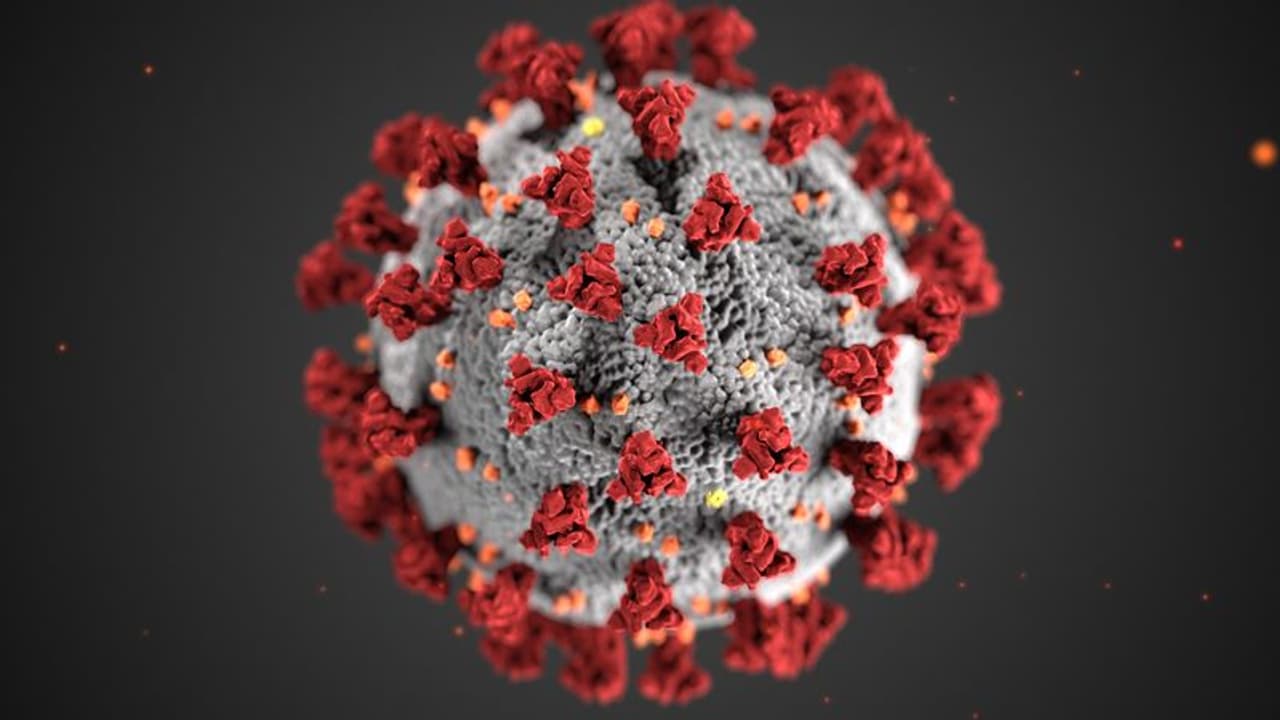Patients under home isolation will stand discharged after at least 10 days have passed from the onset of the symptoms (or from the date of sampling for asymptomatic cases) and no fever for three days.
The Union Health Ministry on Thursday issued fresh set of guidelines for home isolation of mild/asymptomatic Covid-19 patients. The government has strictly advised people not to procure or administer Remdesivir injections at home. AIIMS Director Randeep Guleria has reiterated at several occasions that “Remdesivir is not a magic bullet" and should be administered only in a hospital setting.

The Centre clarified that asymptomatic cases are those that are confirmed so by the laboratories but are not experiencing any symptoms and have oxygen saturation at room air of more than 94%. Clinically assigned mild cases are those that have upper respiratory tract symptoms and/or fever without shortness of breath and have oxygen saturation at room air of more than 94%.
Here is a complete guide for home isolation as released by health ministry:
Patients eligible for home isolation:
· The patient should be clinically assigned as mild/ asymptomatic case by the treating Medical Officer.
· Such cases should have the requisite facility at their residence for self-isolation and for quarantining the family contacts.
· A care giver should be available to provide care on 24x7 basis. A communication link between the caregiver and hospital is a prerequisite for the entire duration of home isolation.
· Elderly patients aged more than 60 years and those with co-morbid conditions such as Hypertension, Diabetes, Heart disease, Chronic lung/liver/ kidney disease, Cerebro-vascular disease etc shall only be allowed home isolation after proper evaluation by the treating medical officer.
· Patients suffering from immune compromised status (HIV, Transplant recipients, Cancer therapy etc.) are not recommended for home isolation and shall only be allowed home isolation after proper evaluation by the treating medical officer.
· The care giver and all close contacts of such cases should take Hydroxychloroquine prophylaxis as per protocol and as prescribed by the treating medical officer.
· In addition, the guidelines on home-quarantine for other members available at: https://www.mohfw.gov.in/pdf/Guidelinesforhomequarantine.pdf, shall be also followed.
Instructions for the patient:
· Patient must isolate himself from other household members, stay in the identified room and away from other people in home, especially elderlies and those with co-morbid conditions like hypertension, cardiovascular disease, renal disease etc.
· The patient should be kept in a well-ventilated room with cross ventilation and windows should be kept open to allow fresh air to come in.
· Patient should at all times use triple layer medical mask. Discard mask after 8 hours of use or earlier if they become wet or visibly soiled. In the event of care giver entering the room, both care giver and patient may consider using N 95 mask.
· Mask should be discarded only after disinfecting it with 1% Sodium Hypochlorite.
· Patient must take rest and drink lot of fluids to maintain adequate hydration.
· Follow respiratory etiquettes at all times.
· Frequent hand washing with soap and water for at least 40 seconds or clean with alcohol-based sanitizer.
· Don’t share personal items with other people in the household.
· Ensure cleaning of surfaces in the room that are touched often (tabletops, doorknobs, handles, etc.) with 1% hypochlorite solution.
· Self-monitoring of blood oxygen saturation with a pulse oximeter is strongly advised.
· The patient will self-monitor his/her health with daily temperature monitoring and report promptly if any deterioration of symptom as given below is noticed.
When to seek medical attention:
Patient / Care giver will keep monitoring their health. Immediate medical attention must be sought if serious signs or symptoms develop. These could include:
· Difficulty in breathing,
· Dip in oxygen saturation (SpO2 < 94% on room air)
· Persistent pain/pressure in the chest,
· Mental confusion or inability to arouse
Treatment for patients with mild /asymptomatic disease in home isolation:
· Patients must be in communication with a treating physician and promptly report in case of any deterioration.
· Continue the medications for other co-morbid illness after consulting the treating physician.
